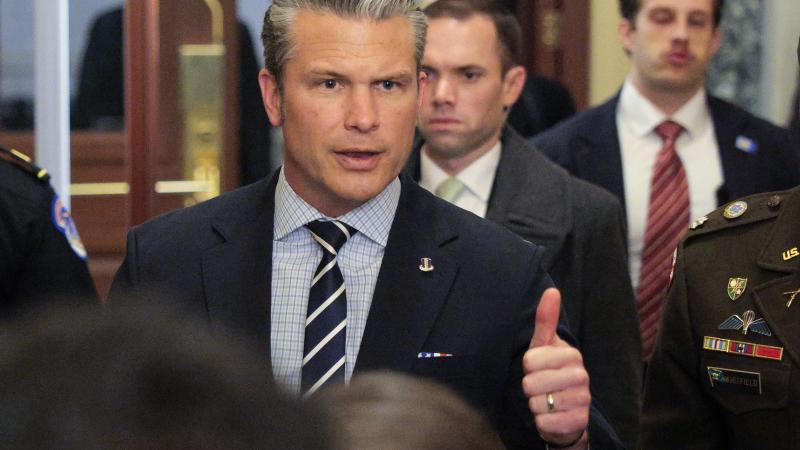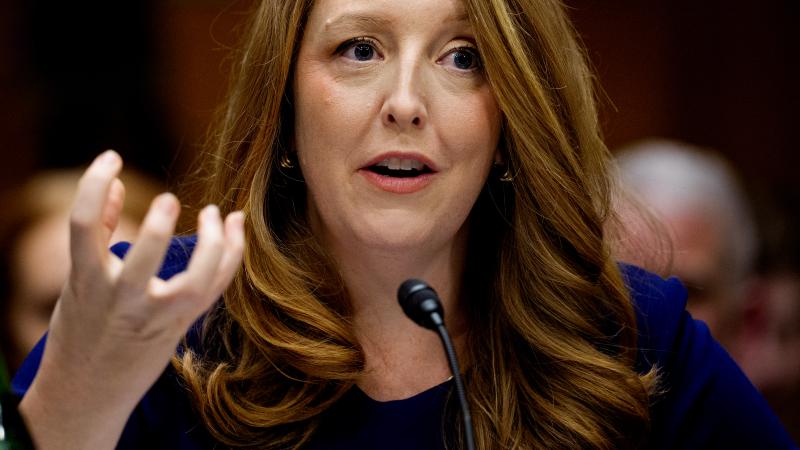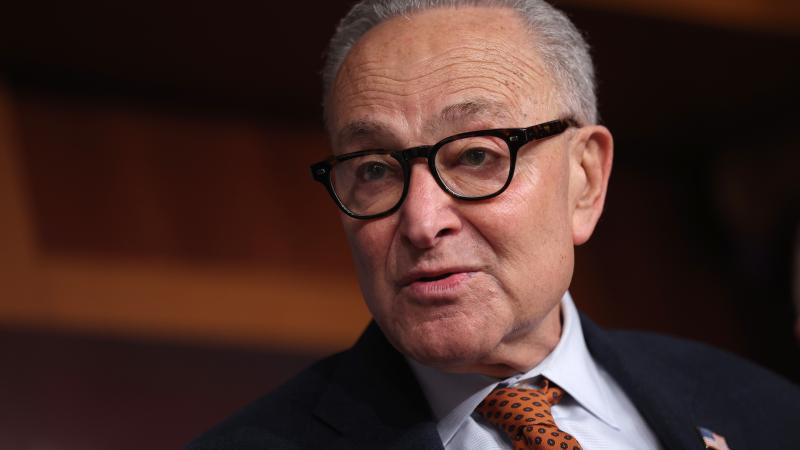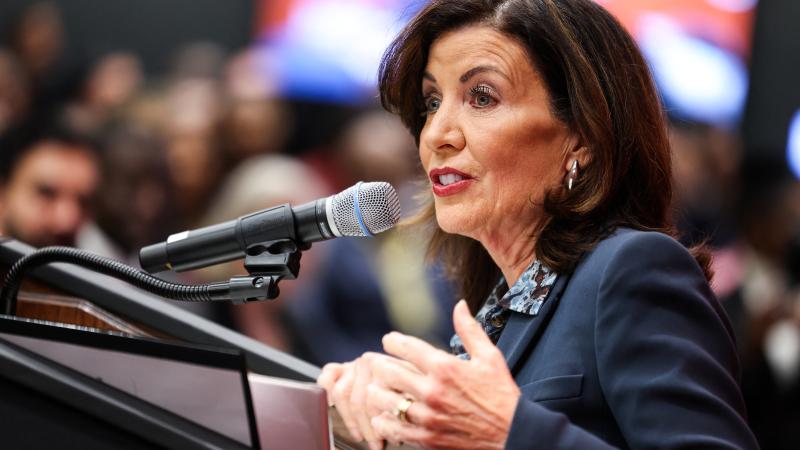California agency sues Tesla over black workers' claims of discrimination
The company is facing a similar class action lawsuit that it recently failed to get dismissed.
A California state agency is suing Tesla Inc. over allegations by some black workers that the electric-vehicle company tolerated instances of racial discrimination at an assembly plant in Fremont.
The suit, which was filed in state court on Wednesday by California's Department of Fair Employment and Housing, alleges that Tesla factory segregates black workers and subjects them to racist slurs and the most physically demanding jobs at the plant.
In the complaint, the agency says that workers refer to the factory as the "slaveship" or "plantation."
Tesla has suggest such allegations are untrue, considering the state agency has over the past five years concluded that nearly 50 individual discrimination complaints against the company were without merit.
Tesla says it does not tolerate harassment and has disciplined and fired workers who have behaved inappropriately in the past.
Last October, a federal jury awarded $137 million to former Tesla factory employee Owen Diaz who said his managers ignored multiple complaints about racial harassment.
Tesla is pushing for a new trial, and the judge in that case is contemplating lowering the award to Diaz.
The allegations in the DFEH case are similar to those pending in a proposed class action lawsuit against the company on behalf of factory workers in California. Tesla has unsuccessfully attempted to dismiss the claims in court.
Substantively, the complaint alleges that black workers at the Tesla factory are assigned physically difficult, menial jobs in an area of the factory known as "the dark side." They are also less likely to be promoted to management positions, and are subjected, on a daily basis, to racial slurs including the "n-word," according to the complaint.
Additionally, the agency claims that Tesla's human resources department is woefully understaffed, employing just about one HR professional for every 740 employees.















